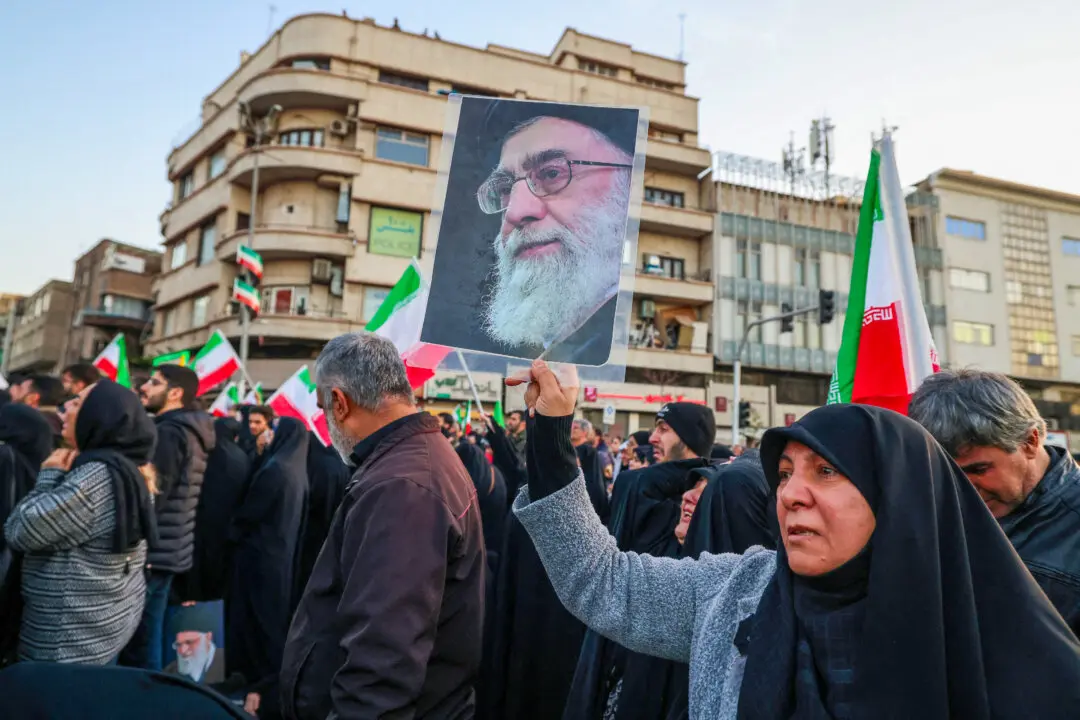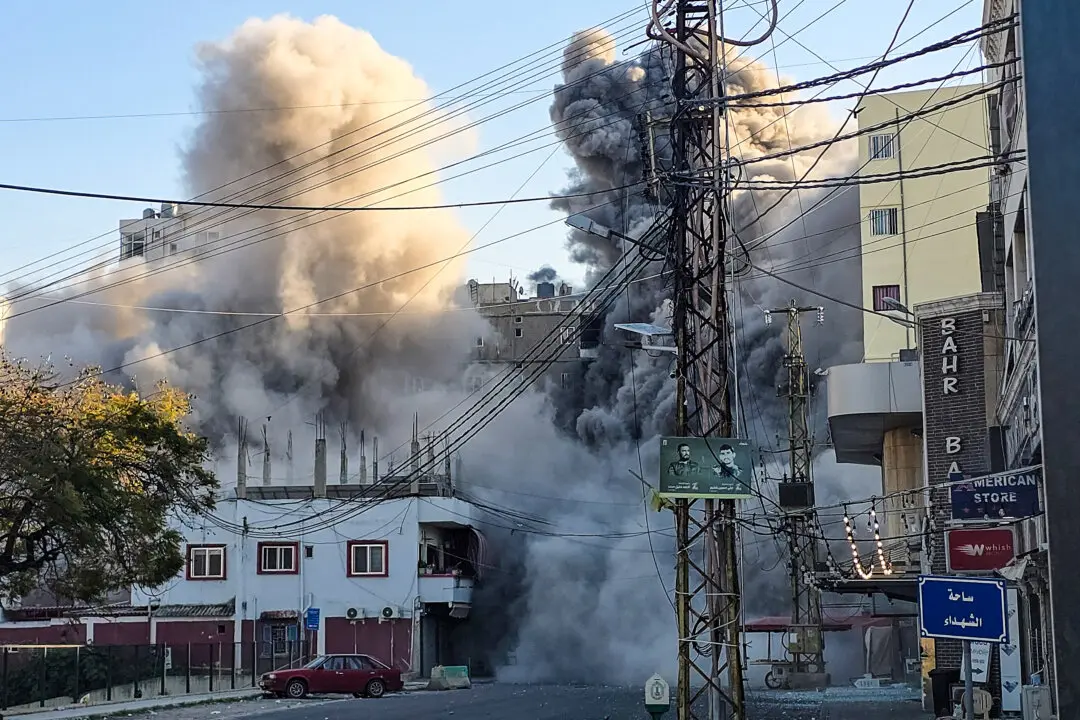The second round of talks between Ukrainian and Russian delegations on Thursday ended without a ceasefire agreement, but the two sides agreed to set up humanitarian and evacuation corridors, according to a top Ukrainian official.
Ukraine’s presidential adviser Mykhailo Podolyak said the two sides will together provide humanitarian corridors to evacuate civilians, deliver food, and deliver medicine to areas with heavy fighting across the country.





